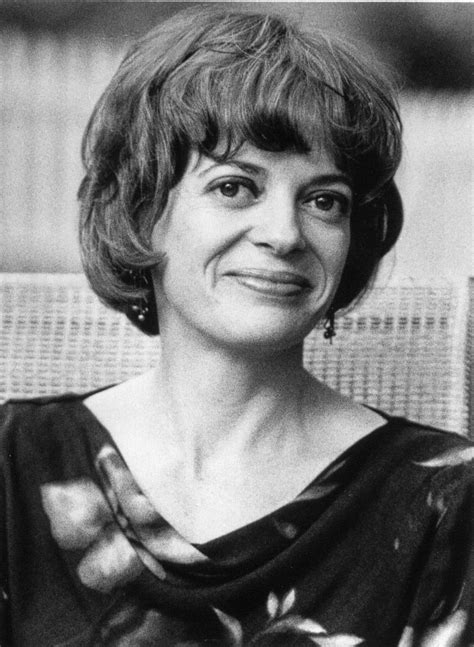A Quote by Jesse Ventura
There are lots of people out there who think they know the truth about God and religion, but does anybody really know for sure? That's why the founding fathers built freedom of religious belief into the structure of this nation, so that everybody could make up their minds for themselves.
Related Quotes
It is my firm belief that the God of Heaven raised up the founding fathers and inspired them to establish the Constitution of this land. This is part of my religious faith. To me this is not just another nation. It is a great and glorious nation with a divine mission to perform for liberty-loving people everywhere.
Growing up in Britain as a rather loose Jew, the two things that didn't belong together were freedom and religious intensity. In America, they do. The Founding Fathers made a bet that if you didn't force everyone to profess religion in their own particular way, you could protect intellectual freedom, and religion would flourish.
Religious freedom is often referred to as America's first freedom. Our country was founded by religious exiles and built on the belief that God has given all people certain inalienable rights. Government's role in society is to protect these rights and ensure that we are safe from religious persecution and discrimination.
Scientists don't know what they are talking about when they talk about religion. Religion has nothing to do with belief, and I don't believe it has any negative impact on people's lives outside of intolerance. Why do I go to church? It's like asking, why did you marry that woman? You make up reasons, but it's probably just smell. I love the smell of candles. It's an aesthetic thing.
When we're in the story, when we're part of it, we can't know the outcome. It's only later that we think we can see what the story was. But do we ever really know? And does anybody else, perhaps, coming along a little later, does anybody else really care? ... History is written by the survivors, but what is that history? That's the point I was trying to make just now. We don't know what the story is when we're in it, and even after we tell it we're not sure. Because the story doesn't end.
Religion becomes a matter of belief, and belief acts as a limitation on the mind; and the mind then is never free. But it is only in freedom that you can find out what is true, what is God, not through any belief; because your belief projects what you think God ought to be, what you think ought to be true. If you believe God is love, God is good, God is this or that, your very belief prevents you from understanding what is God, what is true.
I think enormous harm is done by religion - not just in the name of religion, but actually by religion. ... Many people do simply awful things out of sincere religious belief, not using religion as a cover the way that Saddam Hussein may have done, but really because they believe that this is what God wants them to do, going all the way back to Abraham being willing to sacrifice Isaac because God told him to do that. Putting God ahead of humanity is a terrible thing.
What a laugh, though. To think that one human being could ever really know another. You could get used to each other, get so habituated that you could speak their words right along with them, but you never know why other people said what they said or did what they did, because they never even know themselves. Nobody understands anybody.
This is a story about four people named Everybody, Somebody, Anybody and Nobody. There was an important job to do and Everybody was asked to do it. Everybody was sure Somebody would do it. Anybody could have done it, but Nobody did it. Somebody got angry because it was Everybody’s job. Everybody thought Anybody would do it, but Nobody realized that Everybody wouldn’t do it. It ended up that Everybody blamed Somebody when Nobody did what Anybody could have done.
When I sent out a casual and nonscientific poll of my own to a wide cast of acquaintances, friends and colleagues, I was surprised, but not really, to learn that maybe 60 percent claimed a belief in a God of some sort, including people I would have bet were unregenerate skeptics. Others just shrugged. They don't think about this stuff. It doesn't matter to them. They can't know, they won't beat themselves up trying to know and for that matter they don't care if their kids believe or not.

































